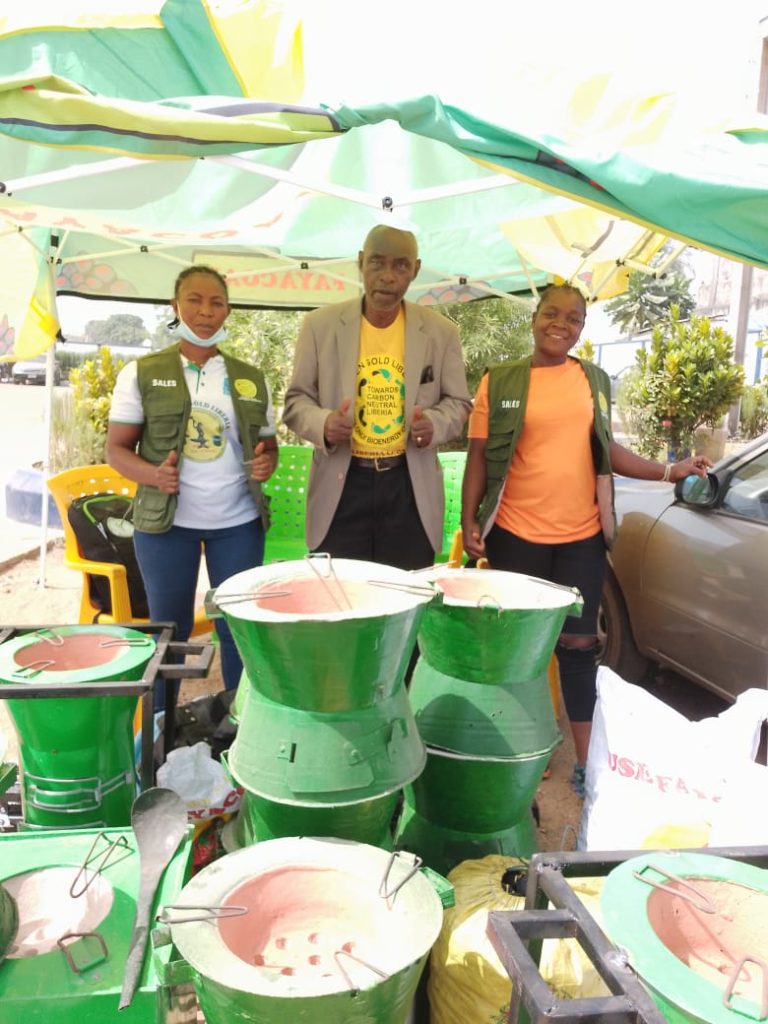How Improved Cookstoves Are Gradually Transforming Lives in Rural Liberia
Monrovia, Liberia; November 10, 2025: In the quiet forest-edge town of Zleh, nestled in the heart of Grand Gedeh County, the rhythm of daily life once echoed with the crackling of firewood and the coughing of women and children. For generations, cooking over open flames was a necessity—but it came at a steep cost.
“I used to cough a lot, and my children’s eyes were always burning from the smoke,” recalls Martha Gaye, a mother of four. “We walked long distances to collect firewood, and sometimes it was tough to find.”
That reality is changing—thanks to the European Union-funded Leh Go Green Project, implemented by UNDP in partnership with Green Gold Liberia.
This initiative is introducing improved cookstoves to forest-fringe communities, offering a cleaner, safer, and more sustainable way to prepare meals.

These stoves use less firewood, emit significantly less smoke, and cook food more efficiently. But their impact goes far beyond the kitchen.
“Now, I make and sell cookstoves in my community,” Martha says with pride. “I’m earning an income and helping other women cook safely.”
Through hands-on training and community-led demonstrations, Green Gold Liberia is empowering women and youth to build, maintain, and distribute these stoves—turning a climate-smart solution into a source of livelihood and leadership.
The European Union-funded Leh Go Green Project demonstrates that climate action can begin in our kitchens, says Joseph Soma, a project officer with Green Gold Liberia.
“When families use clean energy solutions, they protect their health, their forests, and the planet.” So far, over 350 households have adopted improved cookstoves in Grand Gedeh and other forest-edge communities.
The results are tangible:
- Cleaner indoor air and fewer respiratory illnesses.
- Reduced pressure on forests, helping preserve Liberia’s rich biodiversity.
- Lower carbon emissions, contributing to global climate goals.
- More time for women and girls, who no longer spend hours gathering firewood.
- New income streams from stove production and sales.
“These stoves are more than just tools—they are symbols of change,” says Fatu Kollie, a youth leader trained in stove-making. “We are building a better future with our own hands.”
The Leh Go Green Project is a powerful example of how climate resilience, gender empowerment, and sustainable development can work in tandem.
Each stove built, each meal cooked with less smoke, is a step toward a greener, healthier, and more equitable Liberia.
Together, we are cooking up a cleaner, greener, and healthier future for all.

Comments are closed.